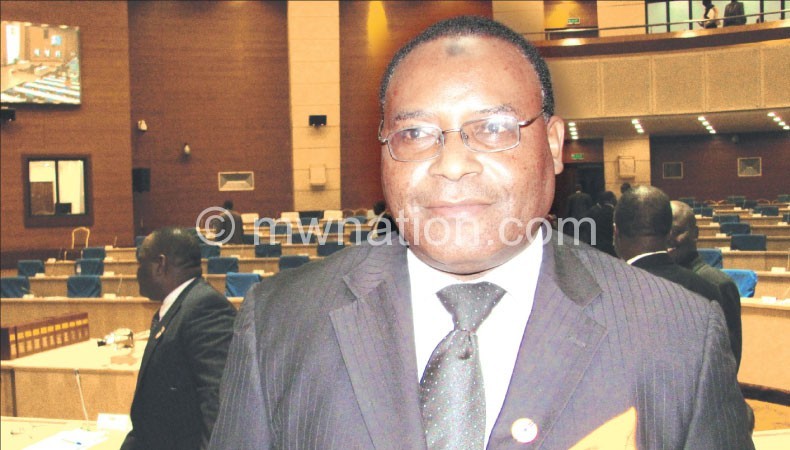Abolished ministries create confusion

The reduction of ministries by the Democratic Progressive Party (DPP)-led government to fulfil its manifesto promises has created confusion in the House during debate on allocations to ministries and departments.
Members of Parliament (MPs) on Wednesday went on to probe the committee of supply on budget allocations, but it became clear that there was visible confusion on the allocations which appeared on the order paper.
Although such ministries as Disability and Elderly Affairs, Economic Planning and Development and others have been absorbed by other ministries as departments, they appeared on the order paper with separate allocations.
“It is out of order to discuss allocations to ministries which no longer exist. We don’t have Ministry of Disability and Ministry of Water Development, but they’re appearing here [on order paper],” Salima South MP Uladi Mussa queried.
But Minister of Finance Goodall Gondwe explained that the allocations appearing on the order paper were amounts which were in the provisional budget passed in June before the 2014/15 budget was tabled during the current meeting.
It was the MPs’ assertion that the allocations to crucial sectors such as irrigation had been reduced and it was clear the explanation from the minister was not enough or the MPs chose to deliberately misunderstand it.
“The figure indicated there is pertaining to three or four months allocation, obviously the figure has to be smaller. When you check where there’s a full year allocation then compare with last year, you will see it’s fine,” Gondwe said.
MPs continued to pose similar questions, but it had to take the intervention of First Deputy Speaker Esther Mcheka Chilenje, who is chairing the committee of supply, to ask the members to stop belabouring the points which Gondwe had clearly stated.
The DPP-led government has a 20-member Cabinet, including deputies, and abolished several ministries including Tourism, Energy and Environment and Climate Change, among others.





